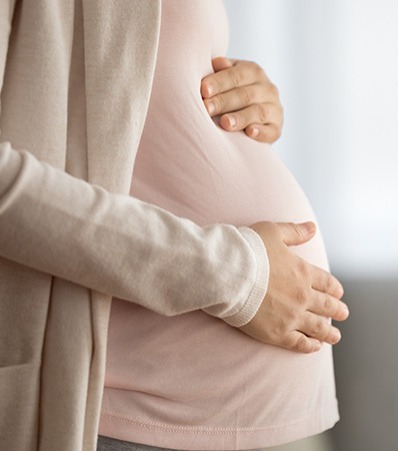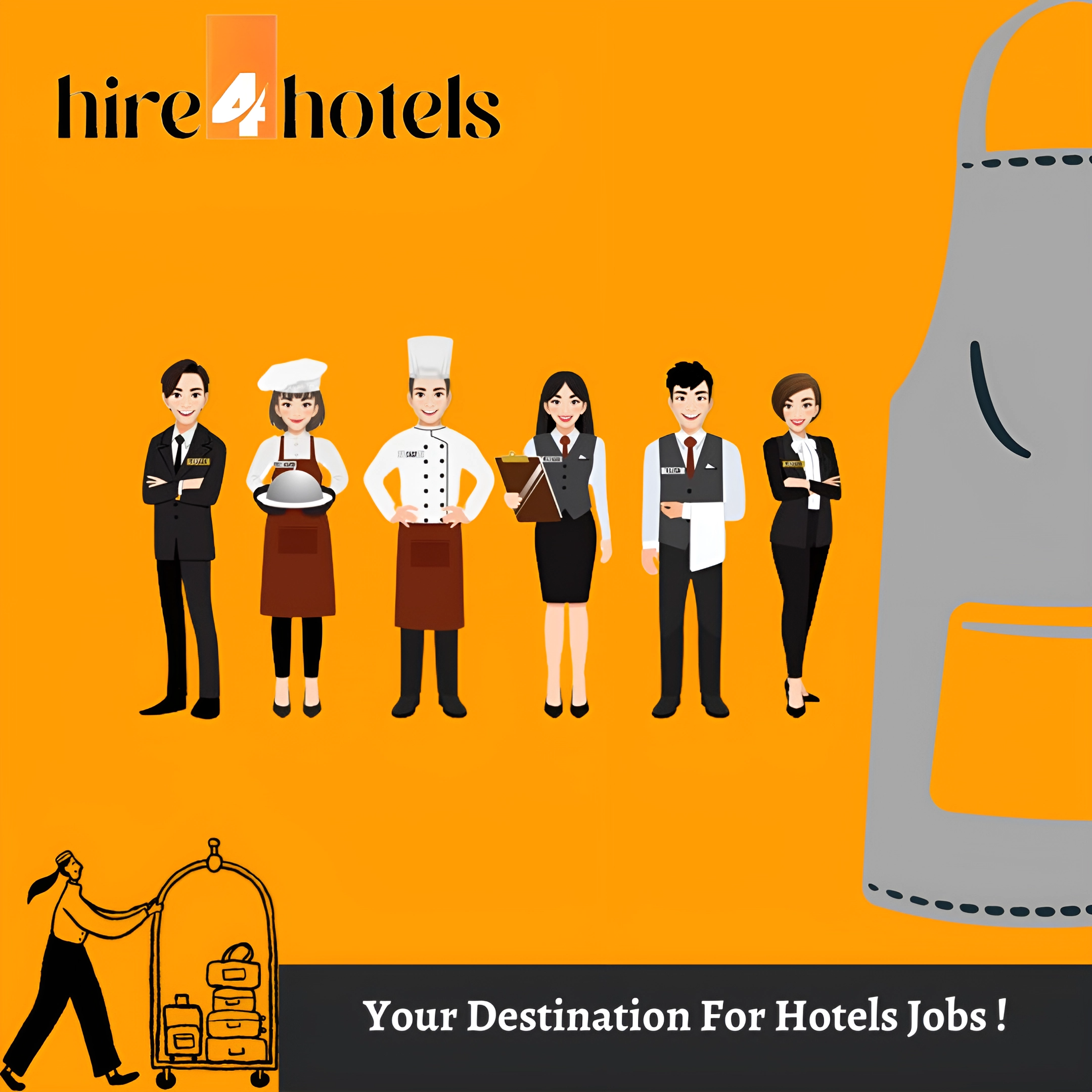What factors contribute to the relatively lower level of acceptance towards LGBTQ individuals residing in South Korean neighborhoods?

A recent study has revealed that in South Korea, the group least welcomed in neighborhoods after former convicts are sexual minorities, with 72% of respondents expressing reluctance to have them as neighbors.
This reluctance reflects the ongoing struggle for acceptance faced by LGBTQ+ individuals in a society strongly influenced by conservative Confucianist values. Additionally, a recent incident where Seoul officials blocked a queer culture festival highlights the challenges LGBTQ+ communities encounter in gaining societal acceptance. Jung Cueri, a 36-year-old lesbian residing in Seoul who helps organize the annual Seoul Queer Culture Festival, remarked on the unique cultural dynamics in South Korea, where economic development has outpaced changes in societal attitudes towards sexuality.
Jung suggests that post-war aid from the US boosted the economy in South Korea, fostering envy among the older generation for developed nations. Consequently, values like justice, equality, and human rights were marginalized, leading to less importance placed on the rights of minorities such as women, people with disabilities, and foreigners. This neglect has contributed to ongoing gender conflicts and LGBTQ+ issues in Korean society today.
Resistance to equal treatment: Jung asserts that South Korea's tolerance for LGBTQ+ individuals remains very low due to sexual conservatism, resistance to gender equality, and a lack of respect for diversity. Recent data supports this claim: while Koreans are increasingly accepting of foreigners, over half oppose living near LGBTQ+ individuals. In contrast, the majority are welcoming toward North Korean defectors and people with disabilities. Confucianist values and conservative upbringing contribute to this disparity, but there's hope for change, as other marginalized groups have seen progress in recent years.
Suppressing societal variety: In a setback for the LGBTQ+ community, organizers of the Seoul Queer Culture Festival were denied permission to hold the event at Seoul Plaza, the city's central location, despite previous years' hosting. The rejection came in favor of a children's concert by a religious foundation last year, and this year, an outdoor book event will take precedence. Organizers criticized the decision, alleging it monopolizes public space and hampers social diversity. They believe the move is politically motivated, reflecting a rightward shift in South Korean society and opposition from conservative religious groups.
Parties aligned on LGBTQ+ matter: "In South Korea's parliamentary politics, where multiple parties exist within a de facto two-party system, both sides tend to cater to conservative religious groups by discriminating against LGBTQ+ individuals," stated Jung. Despite this, she remains hopeful for progress, noting that younger generations are more accepting due to increased exposure to LGBTQ+ discussions through social media. Jung believes cultural festivals like Seoul Queer Culture Festival can drive further change, as organizers strive to contribute to a more inclusive Korean society.




















